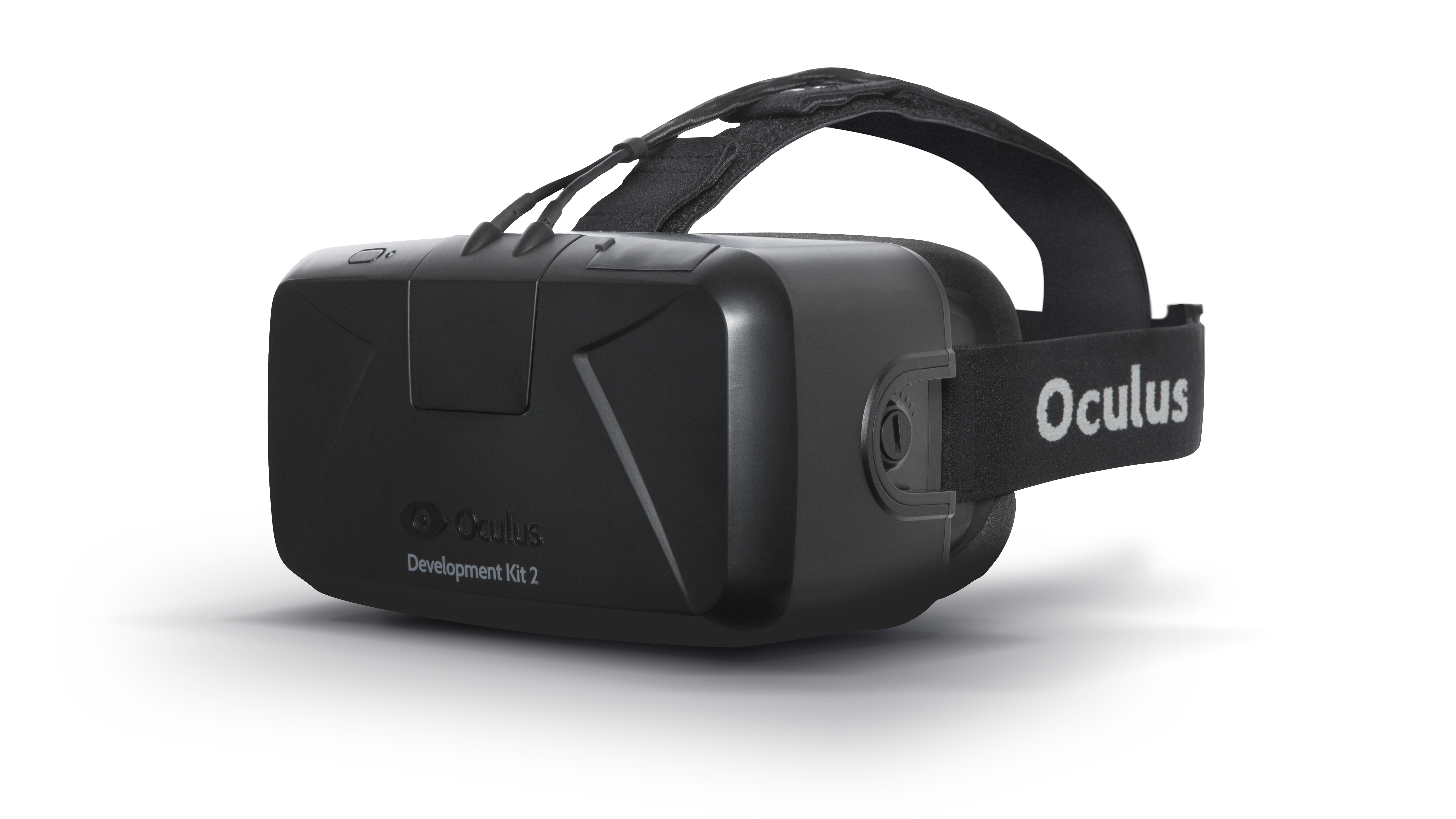Facebook buys Oculus VR for $2 billion
Virtual reality check

Facebook is purchasing Oculus VR, maker of the Oculus Rift virtual reality headset.
The deal is worth approximately $2 billion (about £1.2b, AU$2.1b), and an additional $300 million (about £181m, AU$327m) in earn-out cash and stock will be paid for hitting "certain milestones."
In a press release, Facebook highlighted Oculus' leadership in the virtual reality, but noted it plans to help take VR beyond gaming and into spaces like communications, media and entertainment, education and more.
During a call with analysts, Facebook CEO Mark Zuckerberg said Oculus "has potential to be the most social platform ever."
The company has historically focused on pushing into mobile, and Zuckerberg said more than 20% of peoples' time spent on their phones is spent on Facebook. Now, the social network wants "to start working on the next major computing platform."
"Mobile is the platform of today, and now we're starting to get ready for the platforms of tomorrow," he said.
What happens to Oculus
Oculus VR will stay in its Irvine, Calif. headquarters and will continue making the Oculus Rift. During last week's GDC, the company unveiled its latest version of the headset, Development Kit 2 (DK2).
Get daily insight, inspiration and deals in your inbox
Sign up for breaking news, reviews, opinion, top tech deals, and more.
According to Zuckerberg, Oculus' has "big plans" on the immersive gaming front that aren't going away. In fact, Facebook hopes to accelerate them.
The deal is expected to close in the second quarter of 2014. The announcement comes a little over a month after Facebook revealed it was purchasing WhatsApp for a cool $19 billion (about £11.4b, AU$20.7b).
During the investor call, Zuckerberg called the Oculus acquisition "a long-term bet on the future of computing." He said the most exciting future platform development is happening around vision, and referred to Oculus VR as the clear leader in VR.
Facebook seems unphased by the fact that Oculus has yet to ship a commercial Rift headset, or that others, like Sony, are making forays into the VR space.
Zuckerberg said that not only is Oculus "far ahead" of other purveyors of VR, he's ready and willing to see the tech mature over the next 5-10 years.
As for a concern many are likely feeling, Zuckerberg admitted advertising could be a way to monetize Oculus headsets, but is something "we need to figure out down the line." The ability to purchase virtual goods using Rift may also be a money-making option.
Facebook won't try to make a profit off of Oculus Rift "long term," and Zuckerberg described the purchase as really more of "a software and services thing."
In the near term, Zuckerberg said, "the main goal that we have is building out the product, using the different levers that Facebook has to make the product affordable to people, make it ubiquitous and use the different technologies that Facebook has to bring it to market as soon as possible."
Beyond gaming
In a Timeline post, Zuckerberg highlighted Oculus Rift's ability to transport wearers to a new space, one where they feel "actually present" with other people.
Building immersive gaming experiences isn't going by the wayside, and Zuckerberg reiterated that his company will help Oculus "build out their product and develop partnerships to support more games."
But games are only the start; Facebook will help turn Oculus into a platform for innumerable other experiences.
"This is really a new communication platform," Zuckerberg wrote. "By feeling truly present, you can share unbounded spaces and experiences with the people in your life. Imagine sharing not just moments with your friends online, but entire experiences and adventures."
Becoming Facebook's new pet project may not have been conceivable 18 months ago, when Oculus was using foam prototypes to demonstrate its idea. Now it counts more than 75,000 dev kits ordered, and the world's largest social network has its back.
In a blog post, the Oculus team wrote, "Facebook understands the potential for VR," and shares the company's vision for VR to "transform the way we learn, share, play and communicate."
Oculus CEO Brendan Iribe said on the call that the new partnership is "one of the most important moments for virtual reality," one that "gives us the best shot at truly changing the world."
Michelle was previously a news editor at TechRadar, leading consumer tech news and reviews. Michelle is now a Content Strategist at Facebook. A versatile, highly effective content writer and skilled editor with a keen eye for detail, Michelle is a collaborative problem solver and covered everything from smartwatches and microprocessors to VR and self-driving cars.
